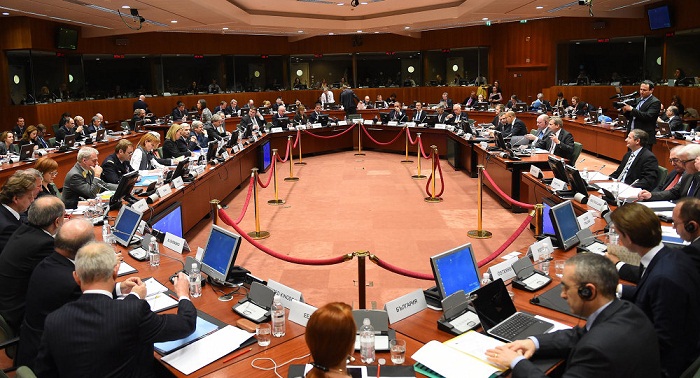A senior EU representative told reporters earlier that all member states of the bloc are united in supporting the fight against the ISIL and al-Qaeda-affiliated Nusra Front, but are concerned about Russian airstrikes over Homs and Hama provinces.
The ministers are expected to approve the possible involvement of Syrian President Bashar Assad in political transition talks in the country. The EU official said the ministers will urge Russia, Iran and other powers that have influence on Syrian leadership to facilitate the creation of humanitarian corridors in the country.
Second, the Foreign Affairs Council will follow up on last Thursday’s conference on migrant routes to exchange views on the external aspects of Brussels’ migration policy. The diplomats are expected to adopt conclusions and prepare for next month’s Valetta Summit on migration.
Finally, the ministers are expected to take stock of crisis settlement in Libya following UN Secretary General Special Representative Bernadino Leon’s announcement of a political agreement package last week.
The senior EU figure told reporters that Foreign Affairs Council members will back the forming a national unity government, with Fayez Sarraj tipped to be the proposed prime minister. The official added that the European Union is considering imposing sanctions on political sides that undermine the peace process, although the decision is not likely to be reached by Monday.
Although the presidential elections in Belarus are not formally on the agenda, EU foreign policy chief Federica Mogherini is expected to give her assessment to the ministers. The European Union, intending to ease restrictive measures against the country after the latest releases of political prisoners, is said to be more steadfast in lifting anti-Belarus sanctions.
More about:
















































